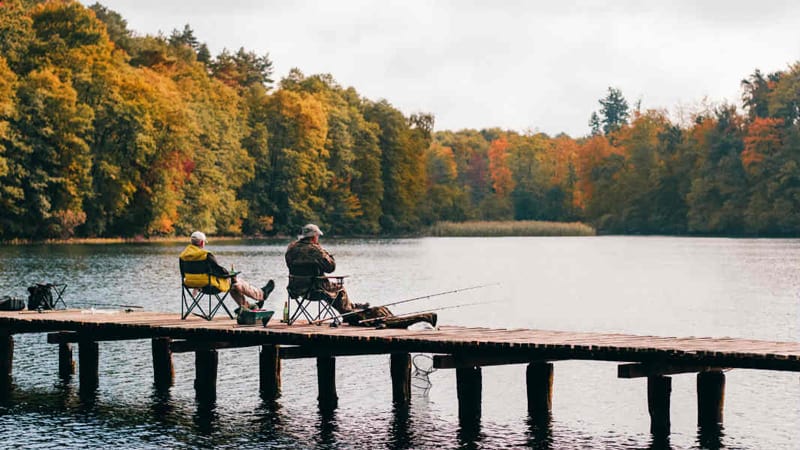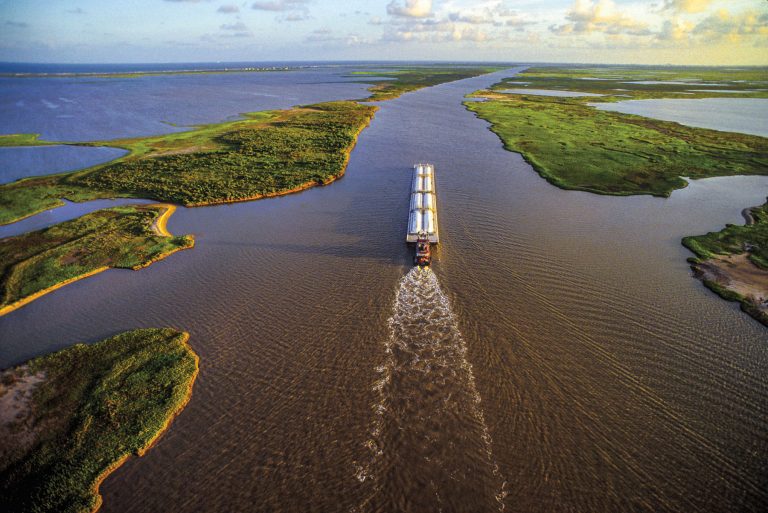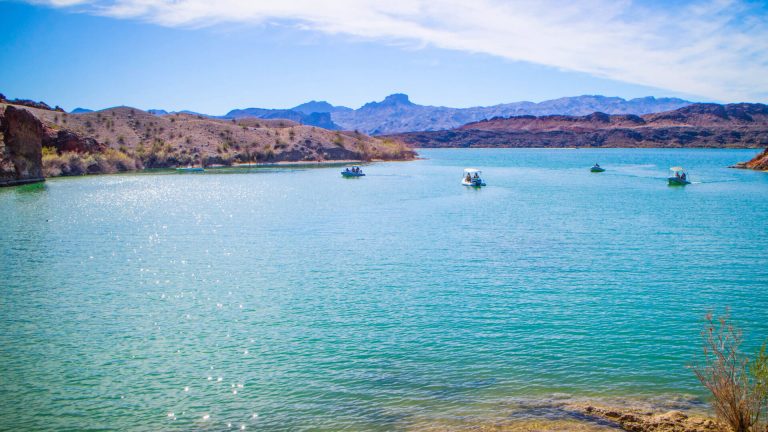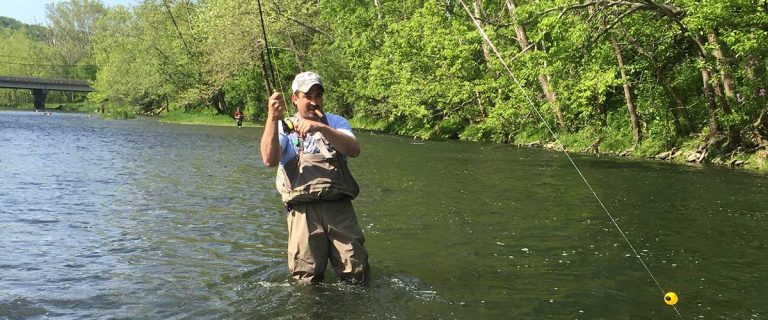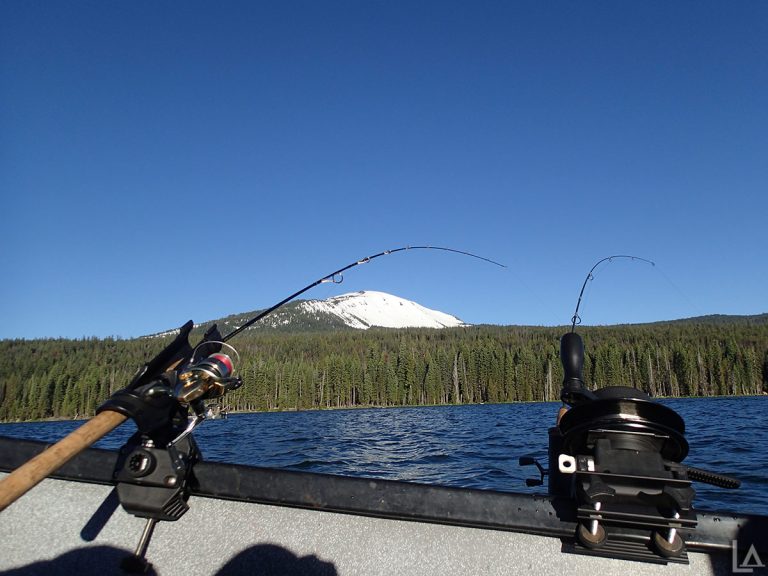Fishing in Vermont’s pristine lakes, rivers, and streams is a beloved pastime for both residents and visitors. Whether you’re planning a weekend getaway or you’re a local angler, understanding the state’s fishing license requirements and costs is crucial. This comprehensive guide covers everything you need to know about Vermont fishing licenses for 2025, including fees, types of licenses, and how to purchase them.
Vermont Fishing License Fees for 2025
Vermont offers a variety of fishing license options to accommodate different needs and durations. Here’s a breakdown of the license fees for 2025:
| License Type | Resident Fee | Non-Resident Fee |
|---|---|---|
| Annual | $28 | $54 |
| 1-Day | $13 | $21 |
| 3-Day | $18 | $23 |
| 7-Day | $33 | $31 |
| Youth (15-17) | $8 | $15 |
| Permanent (age 66+) | $60 | N/A |
| 5-Year | $134 | $264 |
| Annual Fish & Hunt Combo | $47 | $143 |
| 5-Year Combo | $229 | $709 |
| Annual Youth Combo | $12 | $30 |
Note: Youth under 15 can fish for free in Vermont.
For the most up-to-date information on license fees, visit the official Vermont Fish & Wildlife Department License Center.
Types of Vermont Fishing Licenses
Resident Licenses
To qualify for a resident license, you must have lived in Vermont for at least six months immediately prior to purchasing the license. Vermont offers several options for residents:
- Annual License: Valid for one year from the date of purchase.
- Short-Term Licenses: Available in 1-day, 3-day, and 7-day options.
- Youth License: For residents aged 15-17.
- Permanent License: Available for residents aged 66 and older.
- 5-Year License: A cost-effective option for long-term anglers.
- Combination Licenses: Include both fishing and hunting privileges.
Non-Resident Licenses
Non-residents have similar options, with slight variations in pricing:
- Annual License: Valid for one year from the date of purchase.
- Short-Term Licenses: Available in 1-day, 3-day, and 7-day options.
- Youth License: For non-residents aged 15-17.
- 5-Year License: Available for those planning multiple trips to Vermont.
- Combination Licenses: Include both fishing and hunting privileges.
For detailed information on license types and requirements, visit the Vermont Fishing License Information page.
How to Purchase a Vermont Fishing License
Vermont offers several convenient ways to obtain your fishing license:
- Online: Visit the Vermont Fish & Wildlife Department’s official website to purchase your license quickly and easily.
- License Agents: Many sporting goods stores, bait shops, and town clerk offices throughout Vermont are authorized to sell fishing licenses. Find a list of license agents here.
- By Phone: Call the Vermont Fish & Wildlife Department at 802-828-1190 to purchase your license over the phone.
- In-Person: Visit any Vermont Fish & Wildlife Department office to purchase your license directly.
When purchasing your license, be prepared to provide personal information such as your name, address, date of birth, and a valid form of identification.
Free Fishing Days
Vermont offers two Free Fishing Days each year when anyone can fish without a license:
- The second Saturday in June
- The last Saturday in January
These days provide an excellent opportunity for beginners to try fishing or for experienced anglers to introduce friends and family to the sport. For more information on Free Fishing Days, visit the Vermont Fish & Wildlife Department’s Free Fishing Day page.
Fishing Regulations in Vermont
While this guide focuses primarily on license costs, it’s essential to be aware of Vermont’s fishing regulations. Here are some key points:
- Seasons: Fishing seasons vary by species and water body. Always check the current regulations before fishing.
- Catch Limits: Daily catch and possession limits apply to most fish species.
- Size Restrictions: Minimum length requirements are in place for many fish species to protect populations.
- Special Regulations: Some water bodies have specific rules that may differ from general statewide regulations.
- Bait and Tackle Restrictions: Certain areas may have restrictions on the types of bait or fishing methods allowed.
For detailed and up-to-date information on fishing regulations, consult the Vermont Fishing Regulations Guide, available on the Vermont Fish & Wildlife Department website.
Conservation and License Revenue
When you purchase a Vermont fishing license, you’re not just gaining access to the state’s fishing opportunities – you’re also contributing to conservation efforts. License fees help fund:
- Fish stocking programs
- Habitat improvement projects
- Access area maintenance
- Fisheries research and management
- Education and outreach programs
By purchasing a license, you’re playing a crucial role in preserving Vermont’s aquatic ecosystems for future generations. Learn more about conservation efforts on the Vermont Fish & Wildlife Department’s Conservation page.
Tips for Fishing in Vermont
To make the most of your Vermont fishing experience:
- Research Your Destination: Vermont offers diverse fishing opportunities, from small streams to large lakes. Research the best spots for your target species using the Vermont Fishing Access Areas map.
- Check the Weather: Vermont’s weather can be unpredictable. Always check the forecast and dress appropriately.
- Practice Catch and Release: Consider practicing catch and release to help maintain healthy fish populations. Learn proper techniques on the Vermont Fish & Wildlife Department’s Catch and Release page.
- Follow Leave No Trace Principles: Respect the environment by packing out what you pack in and minimizing your impact on the ecosystem.
- Learn Local Regulations: Familiarize yourself with specific regulations for the water body you plan to fish using the Online Fishing Regulation Tool.
- Hire a Guide: If you’re new to fishing in Vermont, consider hiring a local guide to learn about the best techniques and locations.
Do seniors need a fishing license in Vermont?
Yes, anglers aged 66 and older can purchase a permanent fishing license for a one-time fee of $60.
Can I fish without a license in Vermont?
Generally, no. However, Vermont offers two Free Fishing Days each year when anyone can fish without a license. Additionally, youth under 15 can fish for free anytime.
How much is a lifetime fishing license in Vermont?
Vermont does not offer lifetime fishing licenses. However, they do offer 5-year licenses and permanent licenses for seniors.
What fish can you catch in Vermont?
Vermont offers diverse fishing opportunities, including trout (brook, brown, and rainbow), bass (largemouth and smallmouth), pike, walleye, yellow perch, and many more species. Check the Vermont Fish Species page for more information.
What is the fine for fishing without a license in Vermont?
Fines for fishing without a license can range from $100 to $1,000, depending on the violation. It’s always best to ensure you have a valid license before fishing.
Conclusion
Fishing in Vermont offers a unique and rewarding experience for anglers of all skill levels. By understanding the license requirements and costs for 2025, you can ensure that you’re fishing legally while contributing to the conservation of Vermont’s aquatic resources. Whether you’re a resident or visitor, there’s a license option that fits your needs and budget.
Remember to always fish responsibly, follow local regulations, and enjoy the beautiful waters that Vermont has to offer. With your 2025 Vermont fishing license in hand, you’re ready to embark on unforgettable angling adventures in the Green Mountain State.
For the most up-to-date information on fishing licenses, regulations, and opportunities in Vermont, visit the official Vermont Fish & Wildlife Department website. Tight lines and happy fishing!



